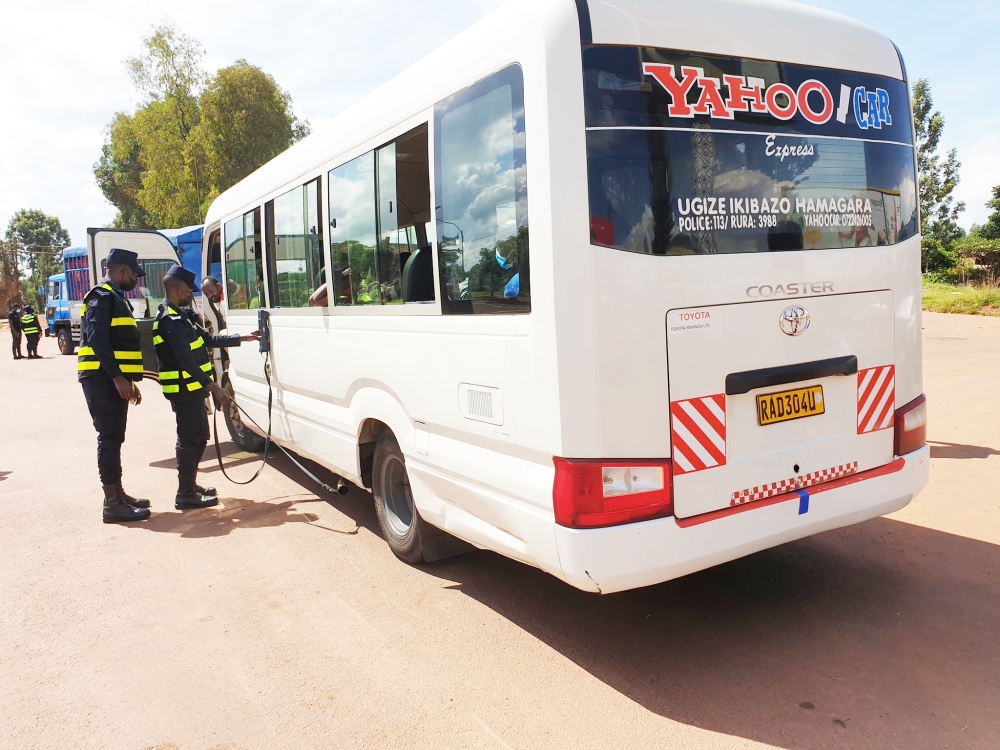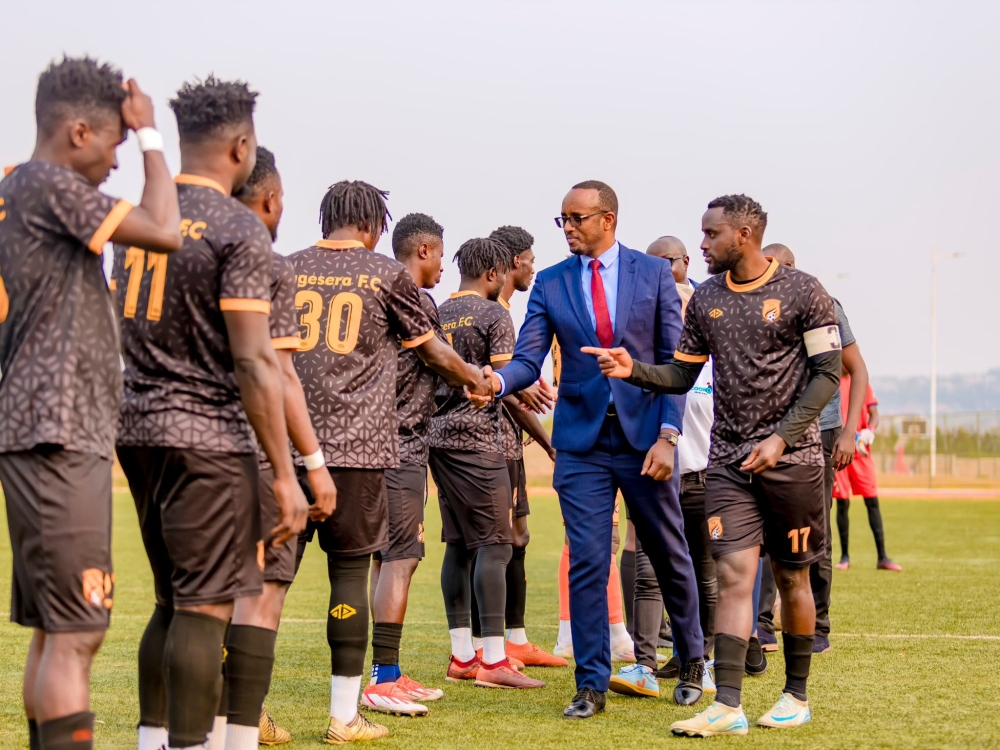To be able to turn Rwanda into an active nation, no country can expect to achieve and sustain success at the elite level without a strong participation base in the community, because that is where every champion has their beginning.


To be able to turn Rwanda into an active nation, no country can expect to achieve and sustain success at the elite level without a strong participation base in the community, because that is where every champion has their beginning.Furthermore, the social benefits derived from participation in sport are numerous and well documented. The Ministry of Sports should focus on its main mandate to create an enabling environment in ensuring that as many Rwandans as possible have access to sport activities, especially those from disadvantaged communities.The value of sport as a social connector is one of its most powerful development attributes. Community sport networks are an important source of social networking, helping to combat exclusion and fostering communities’ capacity to work collectively to realise opportunities and address challenges.If the population involved is broadly inclusive, the connecting dimension of sport can help to unify people from diverse backgrounds and perspectives, establishing a shared bond that contributes positively to social cohesion.Emerging evidence highlights the impact of sport in relation to creating stronger communities and addressing issues of community safety, including reductions in anti-social behaviour, reductions in the propensity to commit crime, and reductions in the ‘fear’ of crime amongst the wider community.There is substantial evidence to show that sport has the ability to overcome social barriers and empower individuals. It can help to increase social cohesion, and provide opportunities for engagement in community life through voluntary work.Well-designed sport and physical activity programs are powerful tools for fostering healthy child and individual development, teaching positive values and life skills, reducing conflict and criminal behaviour, strengthening education and preventing disease (particularly HIV and AIDS).These programmes can help empower and promote the inclusion of marginalized groups, especially women, the youth, rural and people with disabilities. Sport’s unparalleled popularity and reach also makes it a highly effective communication and social mobilisation tool.The Ministry of sports should continue to use sport as a medium to enhance social cohesion, better understanding and cooperation between Rwandans.As a tool for health-enhancing physical activity, the sports movement has a greater influence than any other social movement. The sports Ministry should continue to promote participation in sport as there is ample evidence that physical activities results in a general improvement in both physical and mental health.This in turn reduces public and private health care costs. Many countries have proved that there are substantial savings to the economy from the health gains associated with increased levels of physical activity in the population.The Ministry of Sports should also fast track its sport activities aimed at countering the spread and impact of HIV and AIDS. However, the recognized potential of the sports movement to foster health enhancing physical activity remains under-utilized and needs to be developed.In this regard, the Ministry of Sports should foster a strategic alliance with the Ministry of Health in the interest of a healthier Rwanda. By embracing the above initiatives Rwanda has the potential to become a winning nation.Key strategic focus areas to assist with broadening the base of sport that the Ministry of Sports should put its energies include; sport promotion, recreation, clubs, grassroots support and mass participation respectively.In part four, we will go deep to explain the details of the key strategic focus areas which can be fully exploited to be able to achieve the targets of enabling Rwanda to become an active and wining sports nation.




